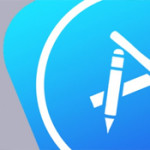
Backed by already 1 million developers all around the world, Xamarin is gaining momentum. But still, the mobile development community is divided into those recognizing only native development and those who think that developing for iOS, Android, Windows Phone, Blackberry individually is too expensive to afford.
We understand those who think that in order to get an app, a real iOS app for example, that would use all the native iOS API, FEEL and finally look native, but the same time we support those pragmatic souls that scream they won’t spend double budgets to get several versions for the same mobile app.
Anyway we feel happy to work with both types of customers, but with that article we’re going to dispel some of your doubts (if you had any) according Xamarin.
To prove our expertise, just have a look at our recent cross-platform Xamarin-based app for pizza delivery service. The app runs smoothly on both platforms and if you like to get an insight from the development process, we can reveal that our customer didn’t even hear of any troubles to compile it and release was on time. To learn more on this case click here.
Why is Xamarin good?
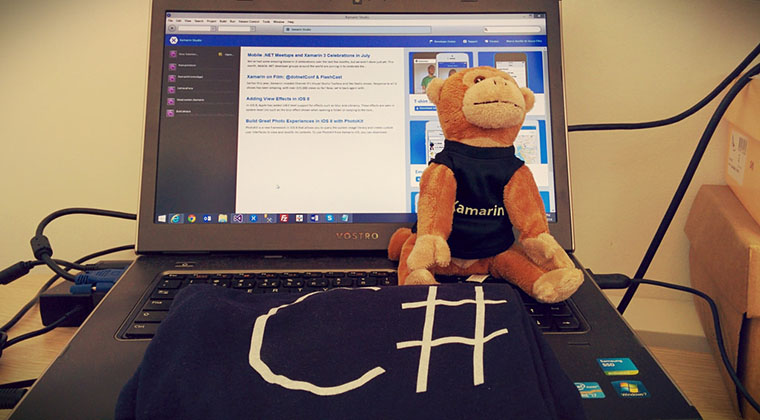
We do have a separate article and comment filed for all the sceptics who don’t believe Xamarin is really something worth consideration. There we’ve listed all the pain those who use Xamarin have. So here we are. Why we do recommend some of our customers to hire a Xamarin team?
“Write once – run everywhere”
In order to develop a Xamarin-based app a developer needs to know only one programming language – C#. It’s hard to believe, but developers have to constantly develop their skills and be up to the latest trends, SDKs and UI norms, learn new process lifecycles etc. So when you are developing for iOS (Swift, Objective – C) or Android (Java), you deal with two completely different programming environments and approaches. So those who write Xamarin-based apps just avoid spending extra time for learning the necessary aspects.
If you like to get more technical point of view, remember that it’s impossible to learn Java together with Objective – C and so you are done. There’re plenty of issues related to the underlying core classes like collections, libraries etc. Why should you learn 2 different approaches in order to solve 1 problem? It requires time so it costs more.
In order to develop a Xamarin app, that would be enough to learn only C# and its core classes. Tadah! And you’re effective on both platforms.
UI is unlimited
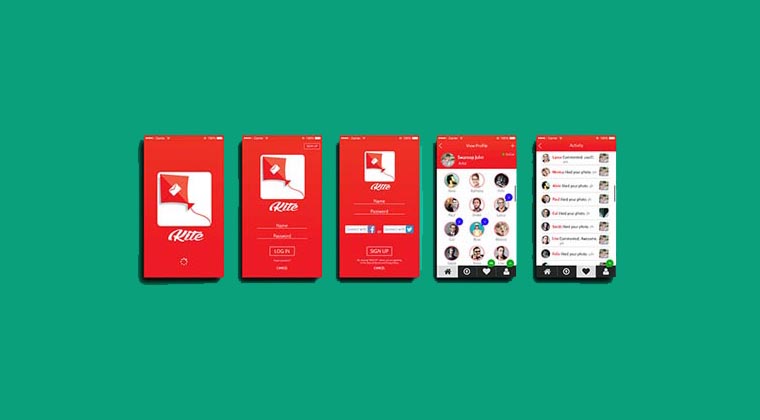
If you have iPhone, you’ll probably differ iOS apps from their Android analogues. The same works vise versa. It happens because both platforms have their own behaviour or appearance patterns a developer should follow. Native apps look quite similar to each other, don’t they? So that’s why iOS and Android apps look and “feel” like iOS or Android.
Every feature has its swings and roundabouts, but as for Xamarin UI, you won’t regret your choice. It doesn’t force you to use any standard or common pattern opposite to iOS or Android. You are free to create any environment for your users up to your taste using drag-and-drop in Xamarin.Forms.
But don’t think that if you use Xamarin your app will look like a stranger and “feel foreign”. No, just because Xamarin takes to account all the common features for every platform, so that’s why Xamarin-based apps look native.
If you would like to switch to technical aspects, Xamarin is able to create native-like apps because it uses iOS and Android-specific .NET classes that together bring their unique features to every application.
Cut your time-to-market time

Just imagine a situation when you have a great app idea, but someone has recommended you to develop for iOS and Android separately to get native apps. In order to make a full release you’ll need to:
- Implement your app’s logic for iOS;
- Implement the logic for Android;
- Bug fixing for iOS;
- Bug fixing for Android;
- Compilation for iOS;
- Compilation for Android.
See that? And now just divide the list by 2! Well, we admit that there’s some potential for improvement talking about compilation for Xamarin apps, but an undisputed fact writes itself: Xamarin really saves your time and costs. If you’re not a developer, Xamarin team will deliver a solution for both iOS and Android faster. So as users are going to get your cross-platform app sooner, than their native analogues.
Less bugs

This point has one reason in common with the above one: Xamarin needs fewer coding. But we as practical guys offer you another point to consider.
If you order a native mobile app for iOS and Android, then you are to have a team consisting of developers specialising in completely different technologies, implementing one app with different approaches and even having different team leads! What’s the problem?
The thing is that your team is splitted. They’ll test your app separately from each other, each team member will be in charge only of developers with technologies he’s familiar with and as a result the focus is vague the same as the code quality.
Opposite to this situation, you can hire a developer that claims to be proficient in both Java and Objective-C, but we highly recommend you avoid such options, since it’s hard to be good at both environments. But if you were lucky to find such a gifted person, the value for money for such hiring leaves much to be desired.
In Xamarin your development team works together with every team member equally involved into solving your problem and delivering high-quality solution.
Good potential
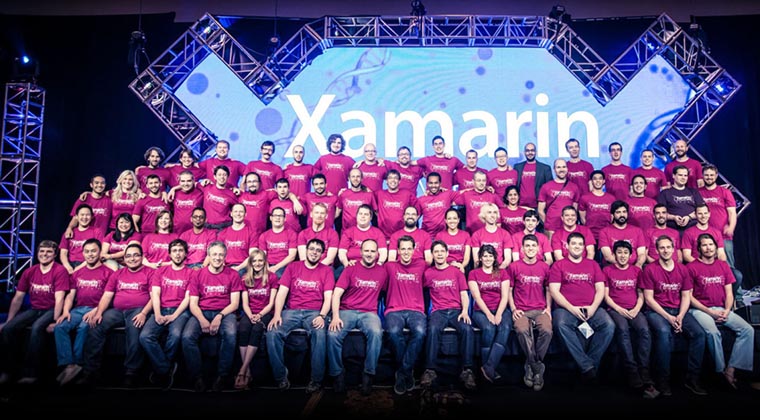
Today we have a variety of platforms one can use for app development. But there are 2 certain leaders: iOS and Android. Perhaps today only few of us will consider developing a mobile app for Windows Phone or Blackberry. But what if in a year there will be 10 leading platforms? Will you hire 10 different teams? Or should you learn all the development environments?
No. You need to get ready for the future and the best time to start is now. You can acquire a tool that will allow you to efface the boundaries between technologies and run your app on multiple devices faster and cheaper.
Xamarin becomes of great attention lately and that’s for the reason. We live in a world with a variety of co-existing platforms with the most expensive resource – our time. So in order to save it we need a tool. It’s called – Xamarin.
To Sum Up
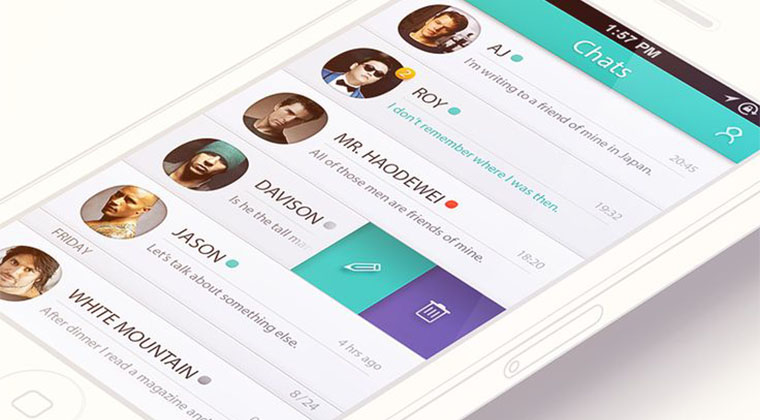
No matter how you slice it, a large amount of code created separately for iOS and Android is common and generic. This amount may reach fine 30%. And now just remember the rates you pay for native development while your team just does a double job. So Xamarin is not only about this “sweet” thing: “Write once, run everywhere”, it allows you to focus on designing an outstanding app with incredible feature once and then release to your customers.
But what you can definitely expect for – is writing less code.
Do you feel inspired or a bit puzzled?




